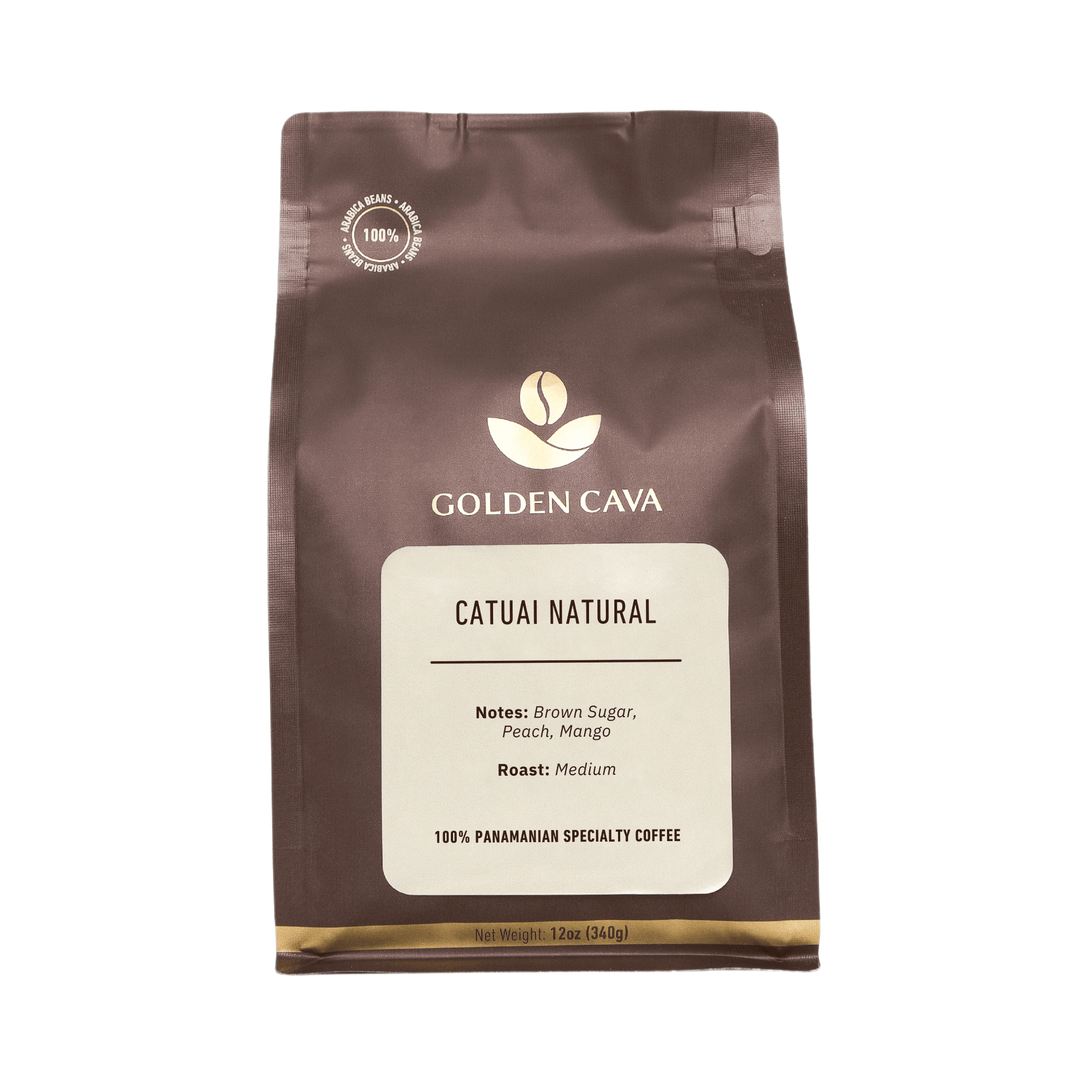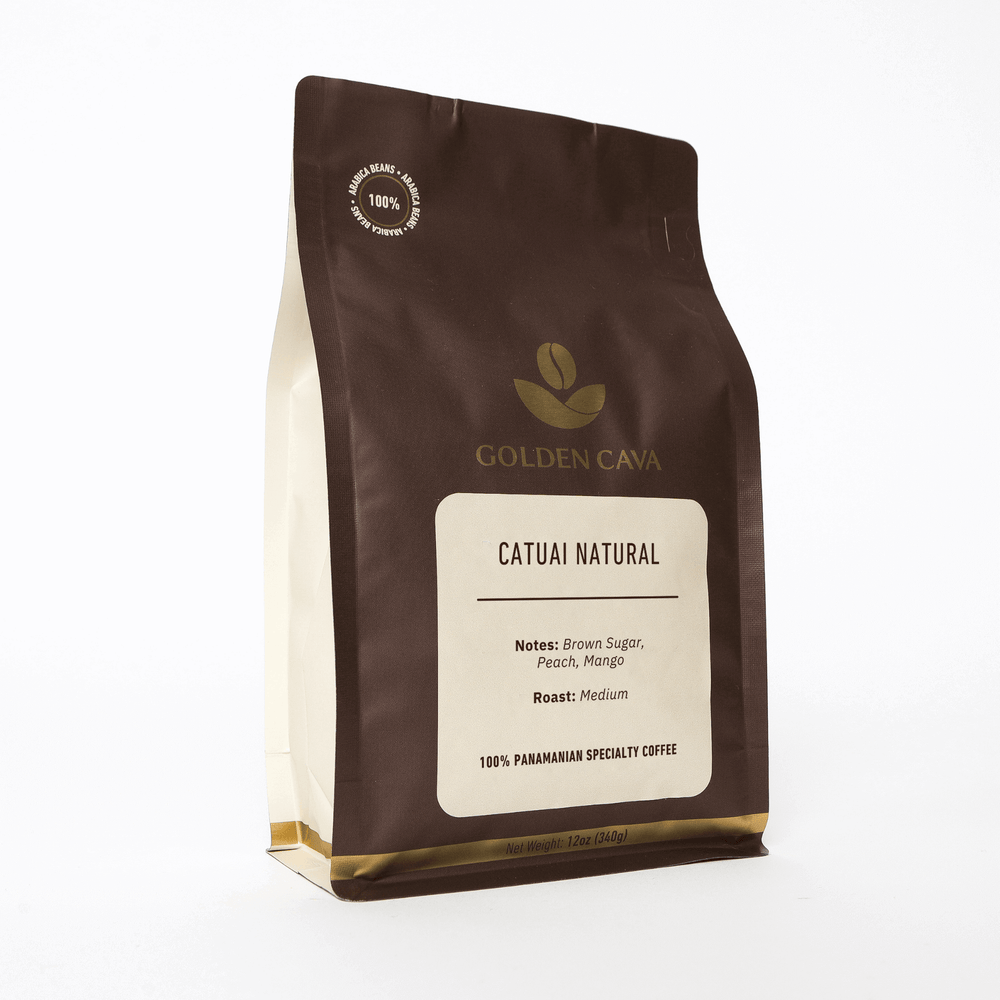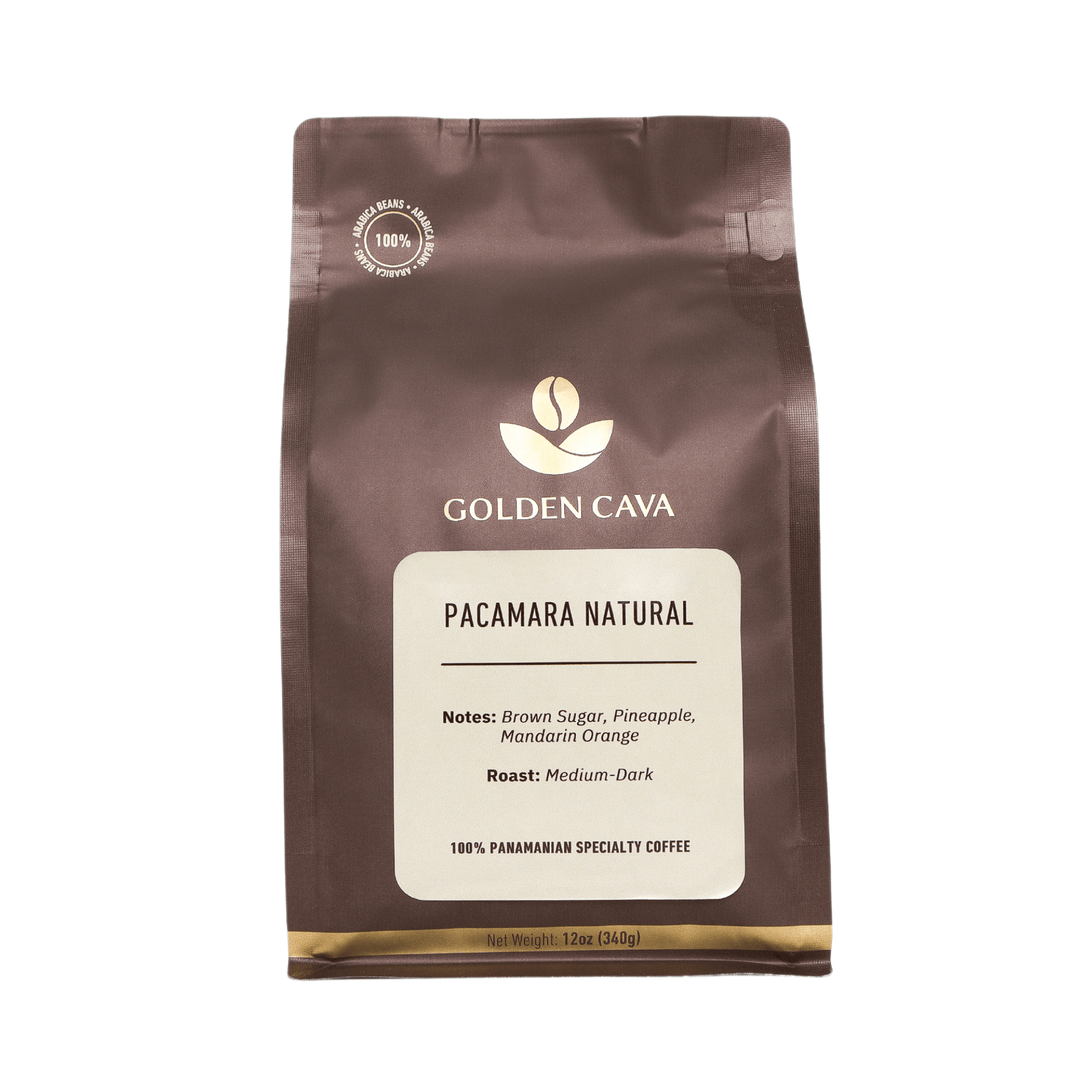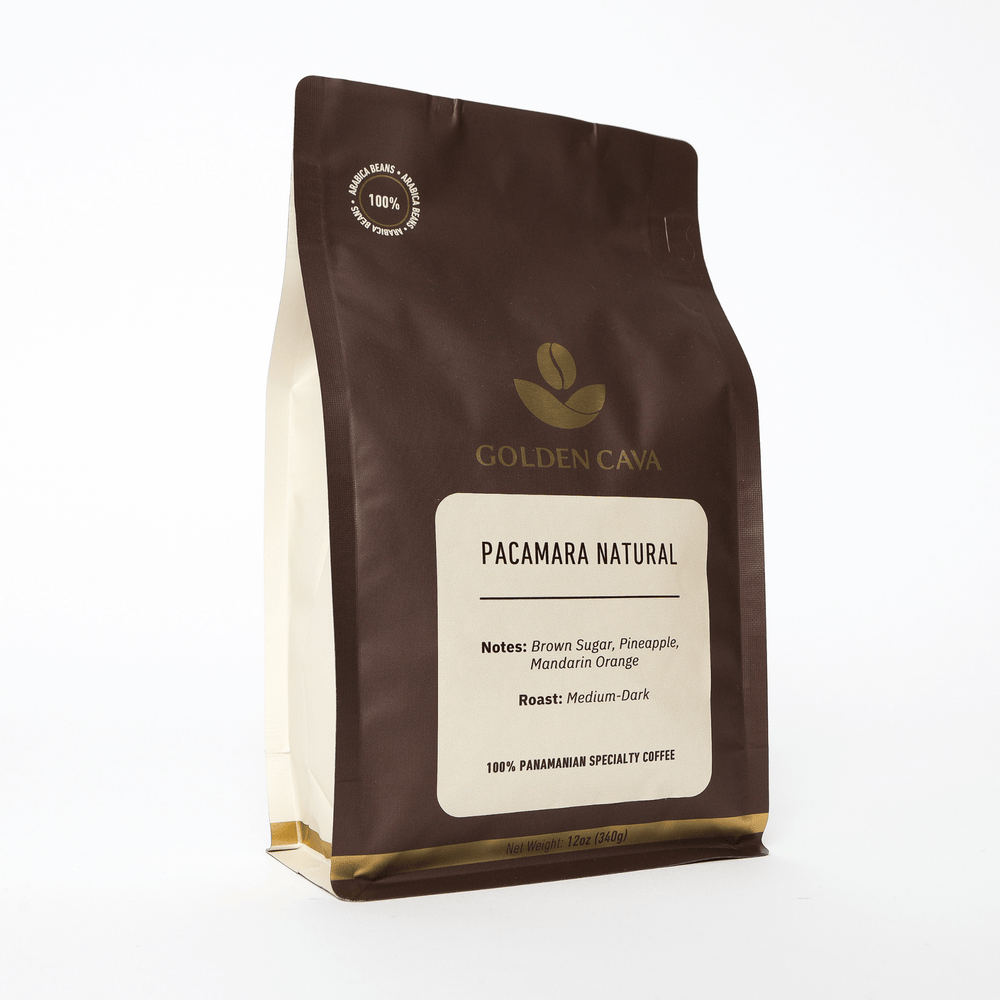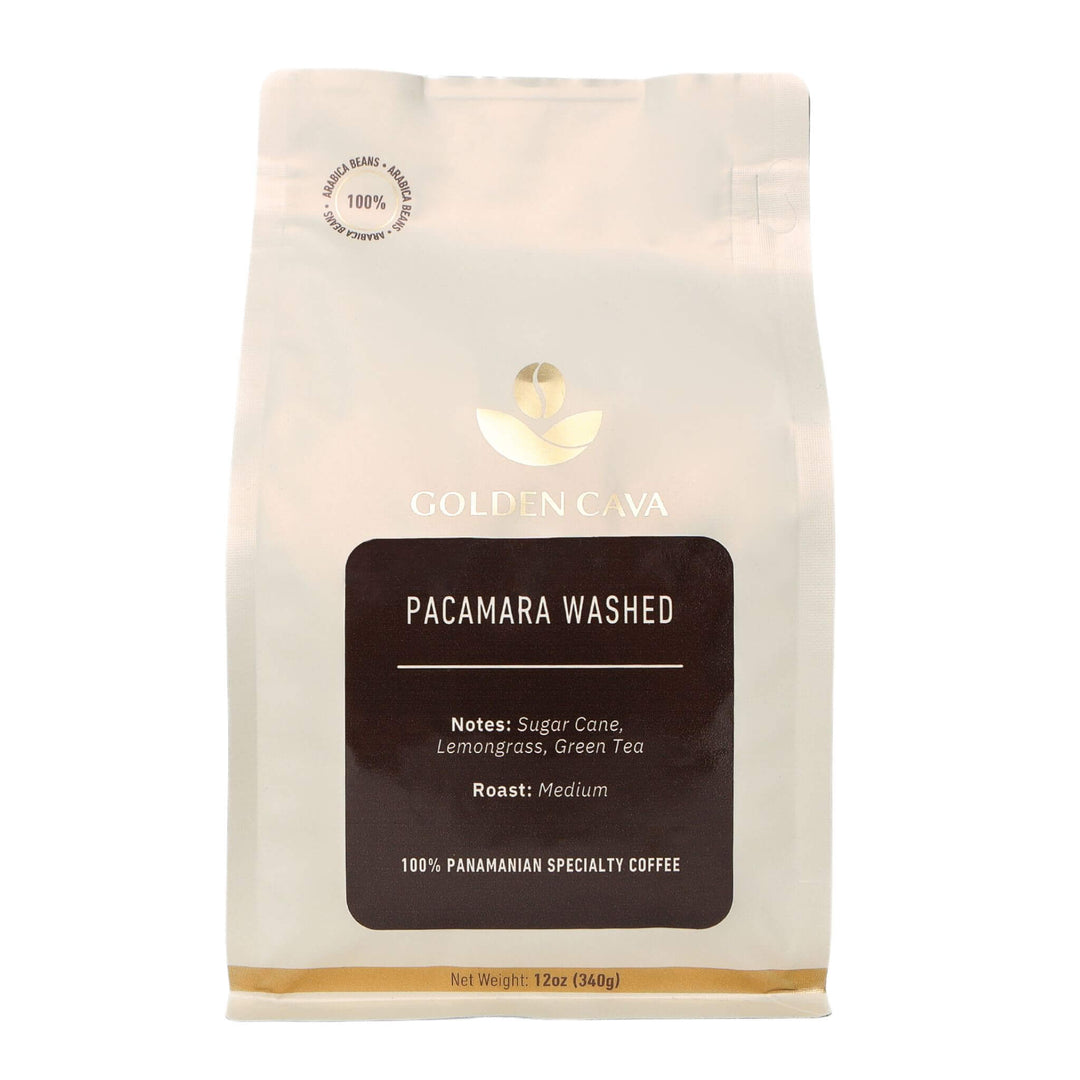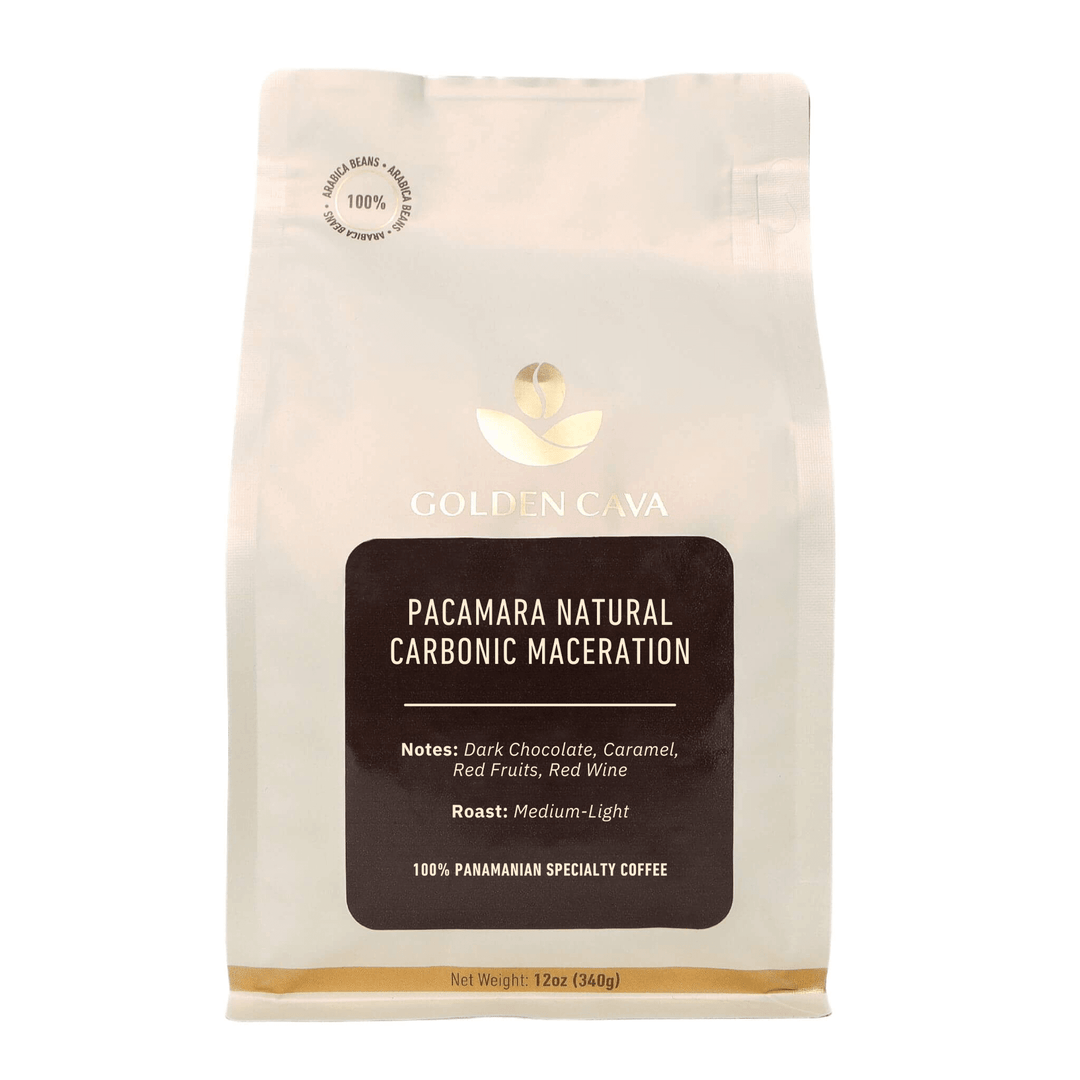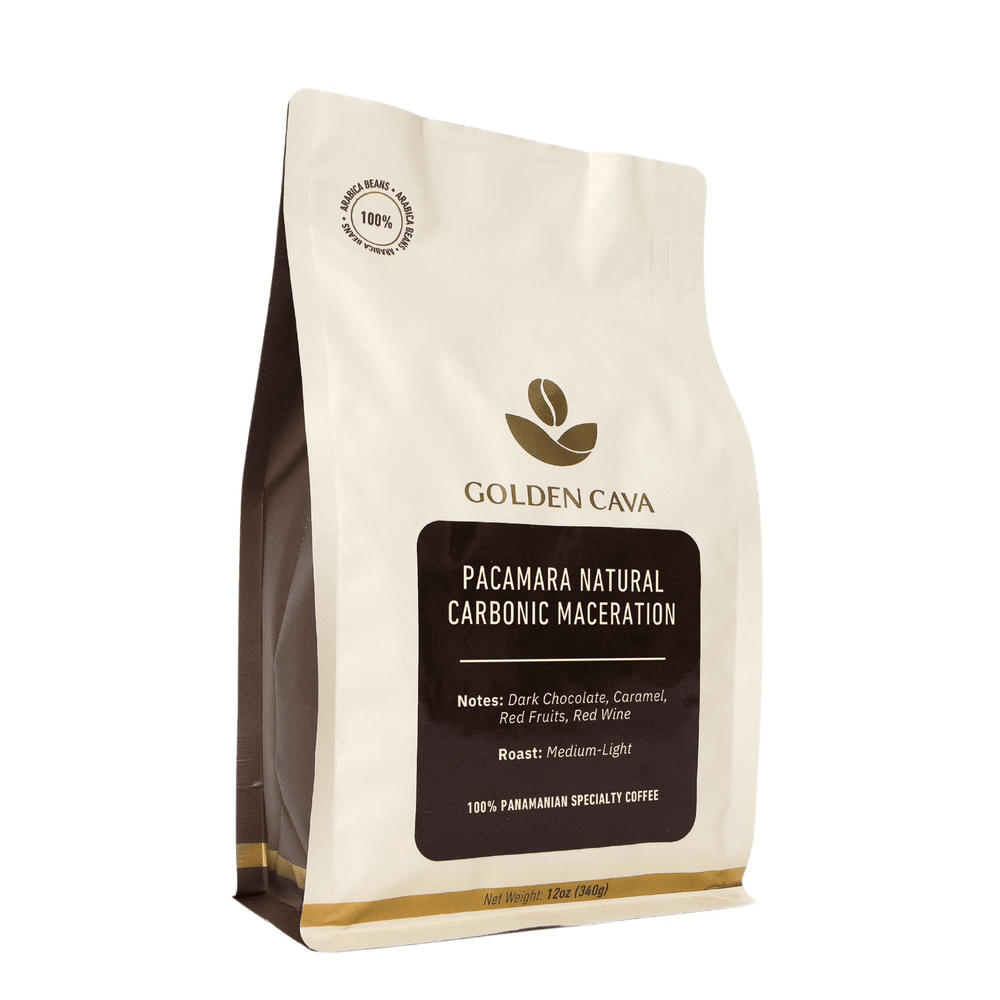Coffee Potassium: Benefits, Risks, and Intake Tips
Have you ever wondered if coffee potassium consumption has any health benefits?
Could coffee potassium, often overshadowed by caffeine, hold more influence than you realize?
Many individuals may be unaware of the potential for coffee and potassium to promote their health through a connection that exists between the two. In this blog post, we are going to explore the relationship between coffee and potassium.
We'll explore the numerous health benefits associated with potassium content in coffee and how it can contribute to overall well-being. However, as with most things in life, moderation is key; therefore, we will also discuss potential risks linked to excessive consumption of potassium from coffee.
Lastly, for those looking to maximize their potassium intake from their daily cup without compromising taste or quality, we'll provide valuable tips and insights.
So, get ready to cozy up with your beloved mug, because we're about to share how your love for that rich cup of joe intertwines with the vital role potassium plays in keeping your body in top shape.
This mineral doesn't just add flavor to your coffee, but also contributes to important functions like regulating your heartbeat, supporting muscle contractions, and maintaining overall balance within your body.
Let's explore this fascinating blend together!
Table Of Contents:
- 1. What is Potassium and How Does it Relate to Coffee?
- 2. Sources of Potassium in Coffee
- 3. Health Benefits of Potassium in Coffee
- 4. Potential Risks of Consuming Too Much Potassium from Coffee
- 5. Tips for Maximizing Potassium Intake from Coffee
- Conclusion
1. What is Potassium and How Does it Relate to Coffee?
Potassium is an essential mineral that plays a vital role in maintaining proper body functions, such as muscle contractions, nerve transmissions, and fluid balance.
Foods containing potassium include produce, whole grains, and coffee.
Importance of Potassium
Potassium helps regulate blood pressure by counteracting the effects of sodium on your body.
A diet abundant in potassium has been associated with a decreased likelihood of high blood pressure and cardiovascular diseases.
Additionally, this essential mineral supports healthy digestion by aiding smooth muscle contractions within the gastrointestinal tract.
Coffee as a Source of Potassium
Coffee beans contain varying amounts of potassium, depending on factors such as their origin, processing method used (wet or dry), roasting level (light or dark), and brewing technique employed (espresso vs drip).
When you consume coffee beverages made from these beans - whether it's black coffee or espresso-based drinks - you're also ingesting some amount of potassium along with other minerals like magnesium and phosphorus.
Brewed Coffee vs Espresso: Which Has More Potassium?
In the world of coffee, the decision between a smooth cup of brewed coffee and the bold shot of espresso isn't just about flavor—it's about nutrition too. While we usually talk about taste and caffeine, there's an undercover nutrient at play: potassium content.
Let's uncover the potassium content in these two coffee styles.
- Brewed coffee: It typically contains 116 mg of potassium per 8-ounce cup, whereas espresso is more concentrated with around 40 mg in a single ounce shot.
- Espresso: One ounce shot typically provides around 40 mg;
However since espresso servings are smaller than brewed coffee servings its concentration is higher overall making it a more potent source when comparing volume-to-volume basis.
Understanding how much potassium content there might be in your daily cup of joe can help you make informed decisions about incorporating it into a balanced diet that supports overall health and well-being.
Potassium content in coffee includes both naturally occurring sources as well as those added through processing or roasting methods; let's explore these options further.
Key Takeaway: Potassium, a vital nutrient for the body's wellbeing, is present in coffee beans - providing an easy way to get your daily dose. Depending on the type of brew or espresso you choose, 8-ounces can contain up to 116 milligrams per cup - making your daily java an easy way to get your fill.
2. Sources of Potassium in Coffee
Potassium is a vital mineral found in various food sources, including coffee. We will explore the different sources of potassium within coffee and how they contribute to your daily intake.
A. Coffee Beans
Coffee beans are naturally rich in potassium, with varying amounts depending on the type and origin of the bean. Arabica beans typically contain more potassium than Robusta beans due to their higher acidity levels. Additionally, factors such as soil composition and growing conditions can also impact the amount of potassium present in coffee beans.
B. Coffee Grounds
The potassium content found in coffee grounds is directly related to that of the original bean; however, it may vary based on factors like roasting temperature and duration. Lighter roasts tend to retain more minerals compared to darker roasts because they undergo less heat exposure during processing.
C. Brewed Coffee
The final source of potassium comes from brewed coffee itself - specifically through extraction from both the beans and grounds during brewing process (e.g., decoction vs infusion). The amount extracted depends on several variables such as grind size, water-to-coffee ratio, brewing method (e.g., drip vs espresso), water quality (hardness or softness), brew time, and temperature used for brewing.
- Grind size: Finer grinds expose more surface area, allowing for better extraction of potassium and other minerals.
- Water-to-coffee ratio: Using a higher water-to-coffee ratio may result in increased potassium levels due to greater dilution.
- Brewing method: Espresso generally contains higher concentrations of potassium compared to drip coffee because it uses pressure and hot water to extract more soluble compounds from the grounds.
- Water quality: Hard water can inhibit mineral extraction, while soft water allows for better dissolution of potassium and other elements present in coffee grounds.
Understanding the sources of potassium within coffee is essential when considering its impact on your daily intake. Recognizing how factors such as bean type, roast level, brewing methods, and even water quality affect the amount of this vital mineral found in your cup o' joe will help you make informed decisions about maximizing its benefits while minimizing potential risks associated with excessive consumption.
Coffee, rich in potassium, can offer many health benefits to those who consume it. Examining the potential health advantages connected to its potassium content, let's delve deeper into what coffee potassium can offer.
Key Takeaway: Potassium sources in coffee are diverse, such as beans, grounds and brewed coffee. It highlights how different factors like grind size, water-to-coffee ratio and brewing method can affect its mineral content. Understanding these sources empowers us to benefit from coffee's potassium while managing consumption risks.
3. Health Benefits of Potassium in Coffee
Potassium, a vital mineral for regulating fluids and electrolytes in the body as well as enabling muscle activity and nerve transmission, is beneficial to health when consumed adequately - one way being through coffee consumption.
Consuming adequate potassium levels can provide numerous health benefits, some of which are derived from drinking coffee.
Blood Pressure Regulation
Studies have shown that higher potassium intake may help lower blood pressure by counteracting the effects of sodium on blood vessels. As coffee contains a moderate amount of potassium, it can contribute to your daily intake and support healthy blood pressure levels when consumed in moderation.
Heart Health Support
Potassium is known for its ability to support heart health, particularly through its impact on reducing high blood pressure - a major risk factor for cardiovascular diseases such as stroke and heart attack. However, one must be careful since coffee also holds quite a bit of caffeine which might cause ones blood pressure to spike.
Muscle Function Improvement
Muscle contractions require sufficient amounts of potassium to function properly, making this mineral vital for optimal physical performance during exercise or everyday activities like walking or lifting objects. Research suggests a correlation between low potassium levels and muscle weakness or cramping; thus incorporating sources like coffee into your diet could potentially improve muscle function over time.
Note: Coffee can be beneficial to your daily potassium intake, however it should not replace other sources of this essential mineral. For maximum health, it is imperative to consume a variety of foods containing potassium in addition to coffee.
Key Takeaway: Potassium is an important mineral for overall health and coffee can help contribute to daily intake. Studies have suggested that higher intake of potassium could potentially reduce blood pressure, bolster cardiac health and enhance muscle performance - so why not make a more flavorful cup of coffee?
4. Potential Risks of Consuming Too Much Potassium from Coffee
However, consuming too much potassium from coffee or other sources can lead to potential risks and health complications.
a) Hyperkalemia
Hyperkalemia is a condition characterized by abnormally high levels of potassium in the blood. While it's rare for individuals with healthy kidneys to develop hyperkalemia solely from their diet, excessive consumption of potassium-rich foods like coffee could contribute to this condition if combined with other risk factors such as kidney dysfunction or certain medications.
b) Kidney Function Impairment
Individuals experiencing Chronic Kidney Disease should take care when it comes to their potassium consumption, since impaired kidneys have difficulty in expelling extra potassium from the bloodstream effectively. Overconsumption of coffee might exacerbate existing kidney problems and increase the risk of developing hyperkalemia among CKD patients.
c) Interference with Medications
Certain medications, such as ACE inhibitors and diuretics, may lead to an increased risk of hyperkalemia if consumed alongside large amounts of coffee or other high-potassium foods.
If you're taking certain medications while also consuming a lot of coffee or other foods with high potassium content, there's the potential for your overall intake to go beyond recommended levels and create health issues related to hyperkalemia.
Always seek medical advice before making any dietary alterations, particularly if you're taking medications that can affect your potassium levels.
d) Gastrointestinal Issues
Excessive coffee consumption can lead to gastrointestinal issues such as acid reflux and stomach ulcers. While these problems are not directly related to the potassium content in coffee, they may be exacerbated by high-potassium diets.
If you suffer from any digestive disorders or have a sensitive stomach, it's essential to monitor your coffee intake and discuss dietary adjustments with a healthcare professional.
While moderate amounts of potassium-rich foods like coffee can provide health benefits for most individuals, excessive consumption might pose potential risks.
It's crucial to maintain a balanced diet and consult with medical professionals regarding specific concerns about potassium intake.
Key Takeaway: Drinking coffee with too much potassium content can be a risk factor for hyperkalemia, kidney impairment and interference with medications. Excessive intake of potassium from coffee can cause digestive problems due to its high content. It's important to practice moderation and seek medical advice if necessary when making dietary changes involving high levels of potassium.
5. Tips for Maximizing Potassium Intake from Coffee
Consuming coffee can contribute to your daily potassium intake, but it's important to maximize this benefit while minimizing any potential risks associated with excessive consumption. Here are some tips on how to get the most out of your coffee experience:
Choose High-Quality Beans
Selecting high-quality beans is crucial when trying to maximize potassium intake from coffee.
Specialty coffees tend to have higher levels of minerals, including potassium, due to their superior growing conditions and processing methods. When shopping for coffee beans, look for reputable brands that prioritize sustainability, quality control, and ethical sourcing practices.
Brew Your Coffee Properly
The brewing method you choose can impact the amount of potassium extracted from your coffee grounds into your cup.
For example, French press or pour-over techniques generally yield higher concentrations of minerals compared to drip machines or espresso makers due to longer extraction times and water-to-coffee ratios.
To ensure optimal extraction levels without over-extracting other compounds that may affect taste or health benefits:
- Use fresh water at the right temperature (195-205°F).
- Maintain a consistent grind size appropriate for your chosen brewing method.
- Follow recommended brew time guidelines based on equipment type.
Avoid Excessive Caffeine Consumption
Caffeine amounts can differ in various coffee beverages, yet drinking too much of it may cause issues such as uneasiness, jitteriness, and sleep problems; plus an augmented danger of potassium imbalance. To maximize the benefits of coffee without overdoing it on caffeine:
- Limit your daily intake to a moderate amount (3-4 cups).
- Opt for decaffeinated options if you're sensitive to caffeine or want additional servings.
Maintain a Balanced Diet
While coffee can contribute to your potassium intake, it's essential not to rely solely on this beverage as your primary source.
For optimal health, it is important to ensure a balanced diet with ample amounts of potassium-rich foods such as bananas, spinach, sweet potatoes and yogurt.
Monitor Your Health Status
If you have any concerns about your potassium levels or are managing specific health conditions that may affect mineral balance (such as kidney disease), consult with a healthcare professional before making significant changes in your coffee consumption habits.
They can help guide you towards safe practices tailored specifically for your needs.
Key Takeaway: Maximizing potassium intake from coffee involves choosing high-quality beans, utilizing proper brewing techniques, and being mindful of caffeine consumption. However, coffee should complement, not replace, a balanced diet rich in potassium from various sources. Consulting a healthcare professional is essential for those with health concerns or specific dietary needs.
Conclusion
Coffee potassium can definitely contribute to your daily potassium intake, but it's not a major source, and a balanced diet rich in potassium-rich foods like fruits, vegetables, and legumes is recommended for meeting your potassium needs.
By understanding the sources and potential risks associated with consuming too much potassium from coffee, you can make sure that you are getting all the benefits without any negative side effects.
By keeping these suggestions in mind, you can get the most out of this key nutrient while enjoying your favorite freshly brewed cups of coffee.

